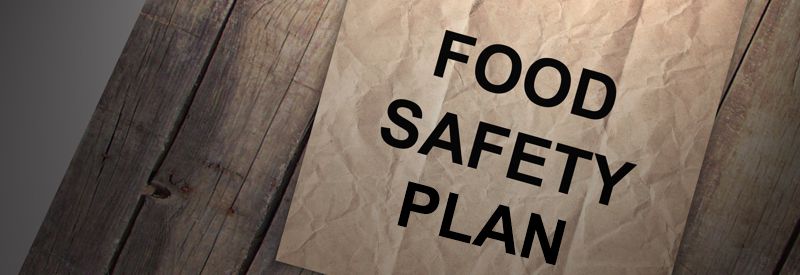 Recent high-profile food safety incidents, such as the Boar’s Head recall involving 7 million pounds of deli meats contaminated with Listeria monocytogenes, resulting in multiple fatalities and hospitalizations, underscore the critical importance of comprehensive food safety management systems. These events highlight the potential legal ramifications for companies and their executives when lapses in food safety occur.
Recent high-profile food safety incidents, such as the Boar’s Head recall involving 7 million pounds of deli meats contaminated with Listeria monocytogenes, resulting in multiple fatalities and hospitalizations, underscore the critical importance of comprehensive food safety management systems. These events highlight the potential legal ramifications for companies and their executives when lapses in food safety occur.
To safeguard public health and mitigate legal risks, food companies must implement meticulous food safety plans. A cornerstone of such plans is the Hazard Analysis and Risk-Based Preventive Controls (HARPC) system, mandated by the FDA Food Safety Modernization Act (FSMA). HARPC requires facilities to identify potential hazards and establish preventive measures to address them, shifting the focus from reactive to proactive food safety management.
In addition to HARPC, adherence to international standards like ISO 22000 can enhance a company’s food safety framework. ISO 22000 integrates the principles of the Hazard Analysis and Critical Control Points (HACCP) system with a robust management structure, ensuring a comprehensive approach to food safety that aligns with global best practices.
Investing in employee training, maintaining rigorous sanitation protocols, and conducting regular audits are vital components of an effective food safety plan. These measures not only protect consumers but also shield companies from potential legal actions and preserve brand integrity.
PJRFSI specializes in guiding organizations through the complexities of food safety certifications, including ISO 22000 and compliance with FSMA requirements. Our expertise ensures that your food safety management systems meet stringent standards, thereby reducing legal risks and enhancing consumer trust.
For more information on fortifying your food safety protocols and achieving certification, please contact our project managers at [email protected].
Leave a Reply
You must be logged in to post a comment.